SOX for Private Companies
By: Lynn S. Scott, Partner, King & Spalding LLP
Today when we talk or read about “SOX” it usually isn’t the White Sox or even the Red Sox. The Sarbanes-Oxley Act of 2002 (“SOX”) resulted from the highly publicized scandals at ENRON and WorldCom, among others, that caused massive market and employee pension savings losses. Ineffective audits, boards unwilling to question management activities, questionable related party transactions, too much focus on short-term value and the know nothing defenses of highly paid CEOs and CFOs focused Congress on taking action to restore confidence in American markets.
Many argue, however, that SOX is reaching beyond its intended scope as an assortment of reforms designed to protect investors by imposing financial reporting, disclosure and governance requirements on public companies, to impact private companies as well. Although SOX primarily applies to publicly traded companies and compliance with SOX by private companies may be self-imposed or required by boards, insurers, lenders, customers or investors, private companies are not immune to its reach as illustrated by the scenarios provided below.
In addition, many private companies may unknowingly comply with at least some SOX provisions. In any event, there is no one-size fits all for consideration by a private company. Although some of the reasons to adopt at least some of the provisions (or SOX “Lite”) include:
•Best Practices;
•Contemplation of an initial public offering (“IPO”);
•Potential of an acquisition by a public company; and
•Large company RFP requirements.
Many experts believe the stage of development of a company should drive the decision. Most agree that beginning compliance too soon might prevent a company from ever getting off the ground but waiting too late may cause it to miss opportunities or create exposures for the various constituents of a company. It is difficult to imagine most entrepreneurs agreeing to the constraints of independent board members, audits and audit committees or a corporate ethics code but these points should be reviewed periodically as the company grows.
Latter stage companies are likely to be forced to consider at least some SOX provisions as illustrated by the following scenarios:
The CEO of dotcomnomore comes into its board meeting with great news:
Mezzanine lenders are willing to provide $10 million in financing at 10% to finance necessary product development; and
A large public company has sent in a preliminary purchase order after months of evaluations of company products.
After a few minutes of congratulations, the CEO turns to company counsel to provide the details:
The mezzanine lenders have provided a list of loan covenants which require:
•Audited financials and CEO/CFO attestation of same; at least one independent director; and prohibitions against related party transactions.
•The good news is that the VC led board has already required audited financials and attestation.
•The bad news is that even though there is an opening on the board and a procedure to elect an independent director, no one currently satisfies that requirement.
•In addition, the CEO owns the building in which the company leases space.The company may be able to quickly find a satisfactory director but the lease arrangement will likely be more difficult to address.The board next turns to the preliminary purchase order. Counsel that reports the potential buyer as a large public company requires all of its suppliers to have a written corporate ethics code in place and have a written whistleblower policy. The company has neither.
If the company had adopted some of the most common and least expensive SOX provisions (but estimated to cost up to $100,000 annually), it would have had no issues with the loan or purchase order requirements. In this case, the benefits would likely have greatly exceeded the costs.
In the next scenario, DiseaseCure, Inc. has been waiting for an exit strategy and suddenly has two opportunities described below.
First, the window has opened for an IPO and the Company must move quickly before it closes. It has known SOX requirements would come into play at same point but has been conserving cash for clinical trials.
The underwriters remind the board that among other things:
•It must find a new CFO because the current one used to be a member of its audit team;
•All loans from the company to insiders must be repaid;
•The articles and bylaws must be amended to include corporate governance standards, which requires a shareholder vote, and
•It must get more independent directors on the board and must find a financial expert member, which will likely require additional D&O insurance and compensation to find persons willing to accept potential IPO liability.
DiseaseCure hopes it can get everything done before the window closes, but if not, it also has a potential public company suitor.
Of course that transaction will require three years of audited financials, a thorough review of compensation matters and evidence of internal controls, along with several of the provisions noted above.
These scenarios illustrate that a company should consider what, if any, provisions of SOX to adopt based on its stage and its plans for the future. Some private companies may only adopt measures as best practices to be satisfied with regular board meetings and careful and thorough board minutes to document its decisions. Others may find that SOX readiness may effect valuation and opportunity.
Although there is much dialogue about SOX and the above scenarios highlight some issues that may arise, private companies remain almost evenly split on whether the benefits outweigh the costs and whether the company’s attention should be better focused elsewhere. No matter where a company is in its growth cycle, boards are likely to spend more time considering whether, when and what – when it comes to SOX.
Lynn S. Scott is a partner on the Private Equity Team of the Corporate Department at King & Spalding. She may be reached at lscott@kslaw.com or 404.572.4600.
This article is presented for informational purposes and does not constitute legal advice.

























